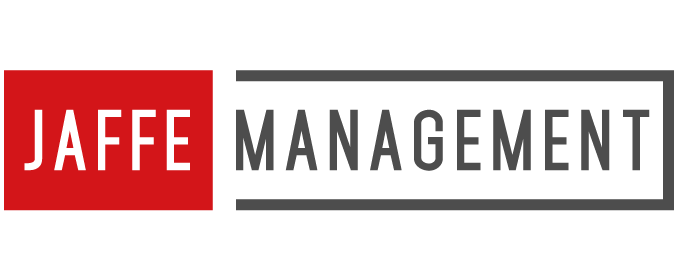21 Aug 2020 Agile Long-Term Association Planning in an Age of Uncertainty
If 2020 has taught us anything, it’s that the adage about best laid plans is worth heeding. It looks like this year’s ambiguity about the future may continue, with the ongoing pandemic, an election, and a shaky economy, plus severe weather events and natural disasters. How is an association to make long-term plans amidst this uncertainty? Here are 10 tips to help your organization stay on course.
Make Flexibility a Key Tenet
Trying times call for more flexibility. Think about how fast the work environment changed when the coronavirus hit the United States. Within a few months’ time, many offices had changed to working from home, lost personnel, or even closed their doors.
Looking back, could your organization have been better prepared for such a change? How could you weather future challenges more successfully? Think about steps like remote work trials, cyber security, cloud software, and the like.
Run Tabletop Scenarios
One of the best ways to stay flexible and prepared is to run tabletop scenarios, just as first responders and governments do. At your monthly or quarterly board meetings, reserve time to play “what if.”
Resist the urge to put it off because it’s too unpleasant. It’s always better to over prepare than under prepare. If you were a patient in a code blue, would you want doctors and nurses who had never thought about emergencies performing life support for you?
Look to History for Inspiration
While it may seem like we live in “unprecedented” times, there is good evidence that many of the troubles we face today have been seen in the past. During the Great Depression, for example, rather than fold because few people had income for entertainment, the movie industry used promotions and giveaways to entice patrons to throng the theaters.
You don’t even have to look that far back for inspiration. Rocky economic times in the 1990s and after 9/11 prompted facing uncertainty head on to develop persistence and ingenuity.
Strengthen What You Do Best
What does your association do best to set it apart from others? Put time and energy into strengthening that. Even if you have to make operational changes, such as switching from in-person to virtual learning, it’s worth it. That’s your bread and butter.
Diversify Financial Interests
Whether you’re talking about services or investments, you need to diversify as much as possible. Develop more discrete revenue streams.
Be Creative with Resources
People who lived through the Great Depression (or even the last major recession) certainly remember having to be more resourceful than normal. Associations can take a lesson from their frugality and cleverness. How could you be more creative with the resources you already have?
- Co-occupying or renting out office or storage space
- Job sharing staff
- Renting equipment to other associations
- Writing, editing, or publishing for others in your industry
- Co-hosting meetings and trainings
- Hiring out experts for classes and certifications
Invest in People
When financial resources run thin, you can always invest in people. Offer free training for staff and members. Help fellow professionals with continuing education or mentorship. Become thought leaders that others will turn to when times improve.
Stay on Top of News and Trends
How many people do you know who waited for mass unemployment and a plummeting economy this summer to realize times are rough? That’s like being in the eye of a hurricane before deciding to board your windows.
Instead, get in the habit of anticipating both the good and the bad before it occurs, so you can capitalize or prepare accordingly. Use social media, trade publications, alternative news outlets, and personal communication to stay on top of major events.
Re-evaluate More Frequently
Staying agile means re-evaluating more frequently than you might normally. There’s a tendency to want to coast when things are comfortable or even when you think everything’s under control during bad times. It’s healthier for your association, though, to operate like a boat at sea. In rough waters, the captain and watchmen are extra vigilant. And even on a calm ocean, they remain on the lookout for unexpected hazards.
Avoid Panic
Finally, panicking does no good. Emergency personnel who are accustomed to situations that can turn ugly on a dime use several tactics to avoid panic. First, they triage: they handle the most important problems first with laser focus and move on to the next issue only once they have the previous one stabilized. And they never go into any scenario unprepared. That’s a lesson every business should learn. You can’t predict the future, but preparing for the worst lets you hope for the best.


